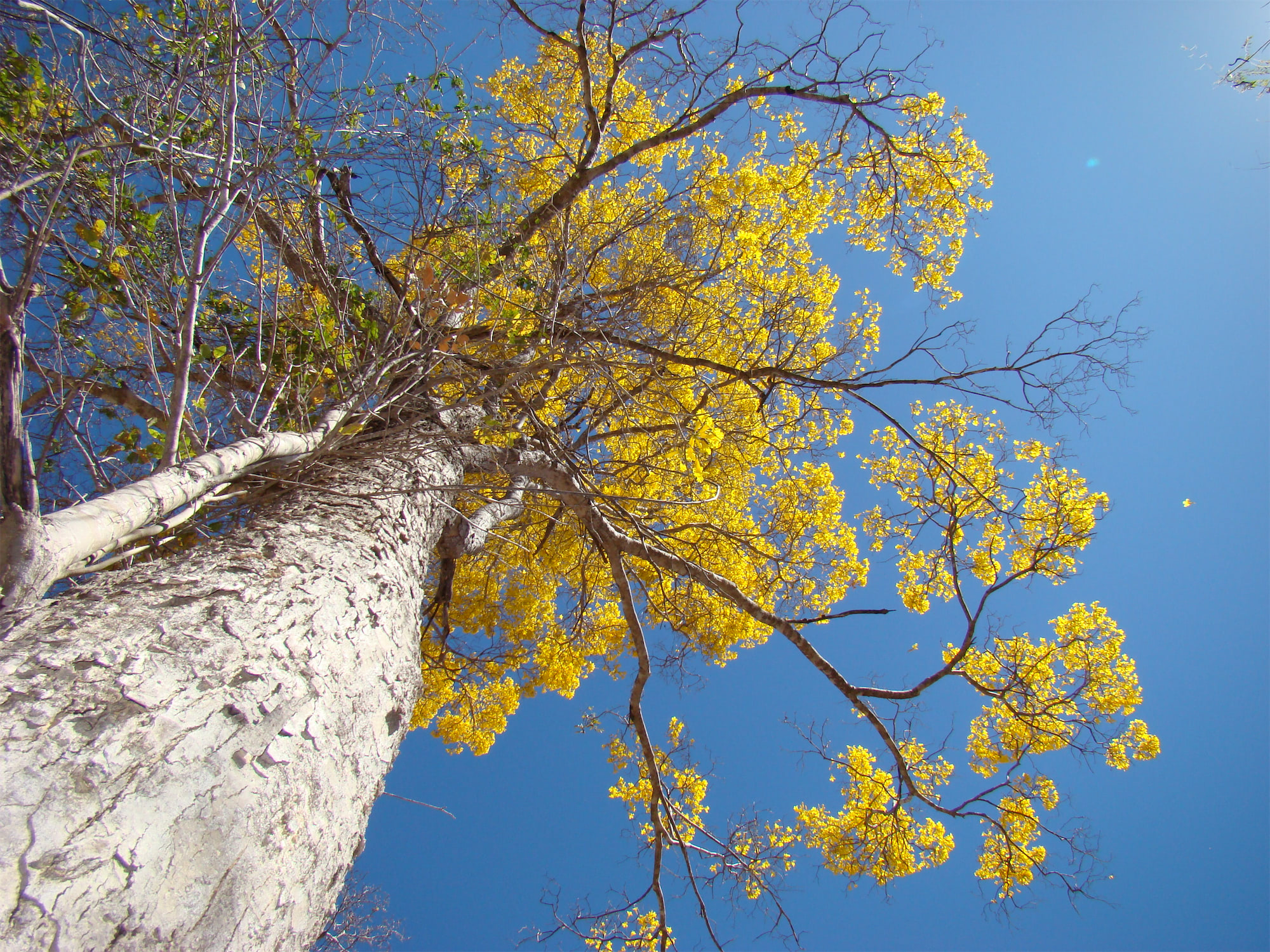Silviculture of native species holds the potential to reduce deforestation and forest degradation, conserve biodiversity, carbon sequestration, job, and income generation, and ensure investments. The task force dedicated to the topic, established in 2020, discusses how to expand the activity to fulfill its economic purpose. To this end, it discussed the improvement of state legislation, to promote the sustainable use of planted native forests. The first collaboration at a subnational level was signed in 2021 with the State of Espírito Santo government – a cooperation agreement signed between the Coalition and the Espírito Santo state government set up a working group that will promote studies and initiatives aimed at creating a hub for silviculture of native species in the state.
Further working fronts are driven by a Research & Development Program, which has shown that the planting of native species in the country’s degraded areas could supply up to 50% of the global demand for tropical wood by 2050. The potential for change in the sector was also the topic of a study that showed that reforestation projects with native species can provide a return on investment similar to other agricultural and livestock activities.
 Foto: Miriam Prochnow
Foto: Miriam Prochnow
